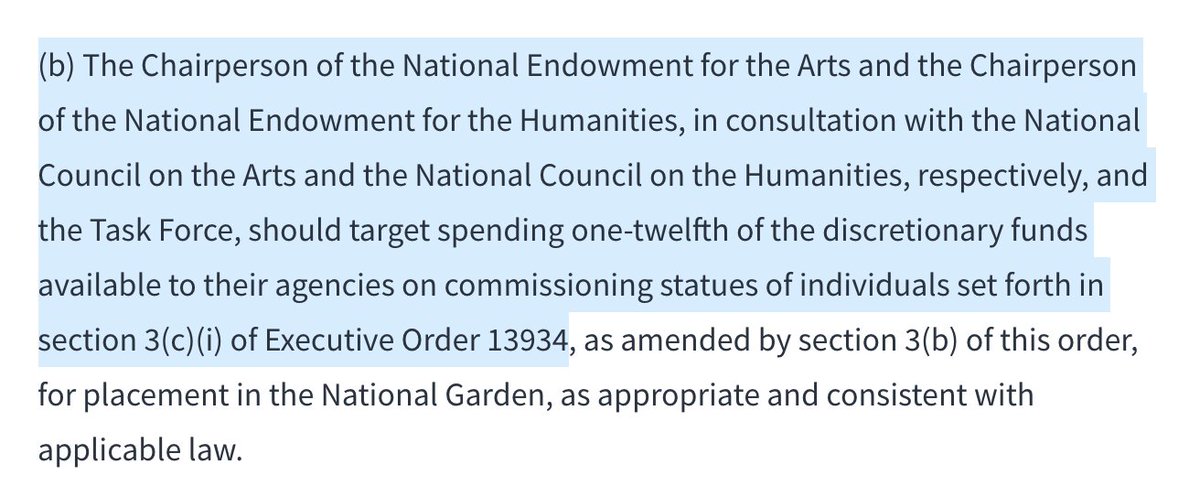
For the past 150 years, the filibuster was routinely used on anything touching civil rights. But go back to the beginning and look at today's claims that the filibuster (a word that, of course, did not yet exist until the mid-19th century) was somehow intrinsic to the Senate:
https://twitter.com/KevinMKruse/status/1374467896840097792
The people who were actually there at the beginning, even before the Constitution, knew empowering the minority to delay, disrupt, and effectively veto the majority was a recipe for disaster. From Robert Byrd's lectures on the history of the Senate: 



Remember, the early Senate was small–first barely twenty people, elites, generally collegial. Longwinded, sure, but generally disposed to work stuff out.
The key thing is the motion for the "previous question"–the motion that lets the majority to decide that they'd had enough debate and it was time to vote (by majority!) on the main item under consideration. Guess what? THE ORIGINAL SENATE HAD A MOTION FOR THE PREVIOUS QUESTION!
So all these claims that the filibuster is intrinsic to the Senate and unlimited debate a treasure of the founders is pure bunk. There WAS a way to cut off debate, by majority vote, in the original Senate, just as there was in the House.
So what happened to it? Funny you should ask.
It can't all be hung on him, but when he left the Vice Presidency in 1805, Aaron Burr argued that the previous question should be gotten rid of as just unnecessary. It was hardly used so why keep it around!?
It can't all be hung on him, but when he left the Vice Presidency in 1805, Aaron Burr argued that the previous question should be gotten rid of as just unnecessary. It was hardly used so why keep it around!?

So the Senate got rid of it. They were gentlemen and would find a way to debate and legislate without undue delay. Sure, sometimes someone would delay a vote for one reason or another, but eventually they would get addressed.
But after Burr, the Senate no longer had the backstop of cutting off debate. And until cloture was introduced in 1917, there was simply no backstop. Cloture then required a 2/3 majority of voting Senators; in 1949 it was relaxed to 2/3 of the whole Senate.
In 1970, partly under then-Whip Byrd's leadership, the system was reversed to what we have today-60 votes to advance a motion rather than 67 votes but not requiring the "talking" filibuster, which prevented any other Senate business from taking place.
It sounded more efficient, and it was, but even with the lowered threshold for cloture, it made it easier for the minority to derail legislation that the majority supported.
But contra Aaron Burr over two centuries ago, it's probably a bad idea to entrust your legislative system to the gentlemanly behavior of a passionate minority without allowing the majority to actually get its business done.
Just another irony here, as I was quoting from Robert Byrd (who delivered 1,500 pages worth of lectures about the history of the Senate when he was Minority Leader & had time on his hands)...
this is the Byrd of the Byrd Rule that is invoked by filibuster defenders as the only permissible exception to filibusters for the purposes of approving filibuster-proof reconciliation bills. Byrd, of all people, understood that the history of the filibuster was about power.
He knew (and lectures about!) all the ways it had changed over time, both in mechanism and in practice, all the ways it had been used by recalcitrant minorities to stymie majority rule, the way it originated pretty much by accident and not design.
And he helped design the process to weaken its power. He knew it was not a divine object. When it became more a tool of minority obstruction than an occasional utility, it was time to change it. This was the case in the 1970s and it’s the case now.
• • •
Missing some Tweet in this thread? You can try to
force a refresh




